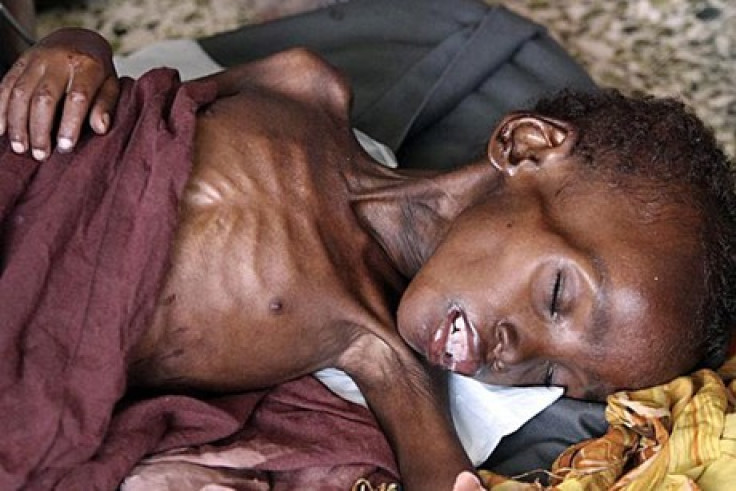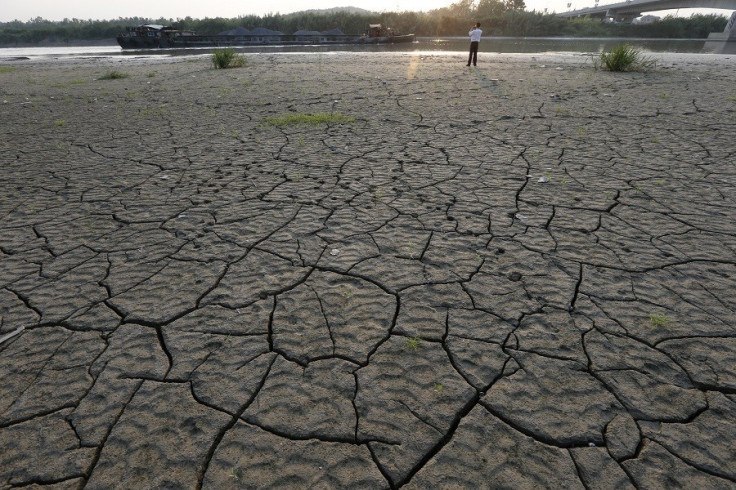Violent Conflict, Mass Displacement and Starvation: Dire Climate Change Impacts Expected By 2100

By the end of the century, mankind will witness an increase in violent conflict, the displacement of hundreds of millions of people and food shortages at a time when the population is expected to grow to 11 billion, up four billion from current levels.
That is according to a new report due to be released by the United Nation's Intergovernmental Panel on Climate Change.
A draft of the report, seen exclusively by the Independent, offers dire warnings for the future of mankind, with mass displacement expected to increase the risk of war and lead to trillions of dollars being wiped from the global economy.
The report is the second of three publications by the IPCC that will be made public at the end of March. It says climate change will force mass migration especially in Asia, which will result in an increase in the risk of violent conflict.
It is based on thousands of peer reviewed studies from respected scientists looking at the prediction of climate change. Economically, the report says a rise in global temperatures of 2.5C above pre-industrial levels will result in a loss of 1.4tn from the world's economy.

It predicts crop yields will be reduced by 2% every decade for the rest of the century – a time when demand for food is only increasing. This will result in increasing malnutrition, the authors warn. Extreme weather events, such as droughts, wildfires and flooding will also increase, posing further risk to human health.
The report says health impacts will be exacerbated, with a greater risk of injury, disease and death from extreme weather events, poor nutrition and food and water-borne diseases. It estimates the number of malnourished children will reach up to 25 million, or 22%, by 2050.
In terms of conflict, the report says the risk of civil war, inter-group violence and violent protests will increase, with poverty, displacement and economic problems driving the threat. Small island states and areas vulnerable to sea level rise will face the biggest challenges, with shared water resources and fish stocks increasing rivalry.
"Freshwater-related risks of climate change increase significantly with increasing greenhouse gas emissions," it said. "[Climate change will] reduce renewable surface water and groundwater resources significantly in most dry subtropical regions.
"Hundreds of millions of people will be affected by coastal flooding and displaced due to land loss," it warns.
© Copyright IBTimes 2024. All rights reserved.







